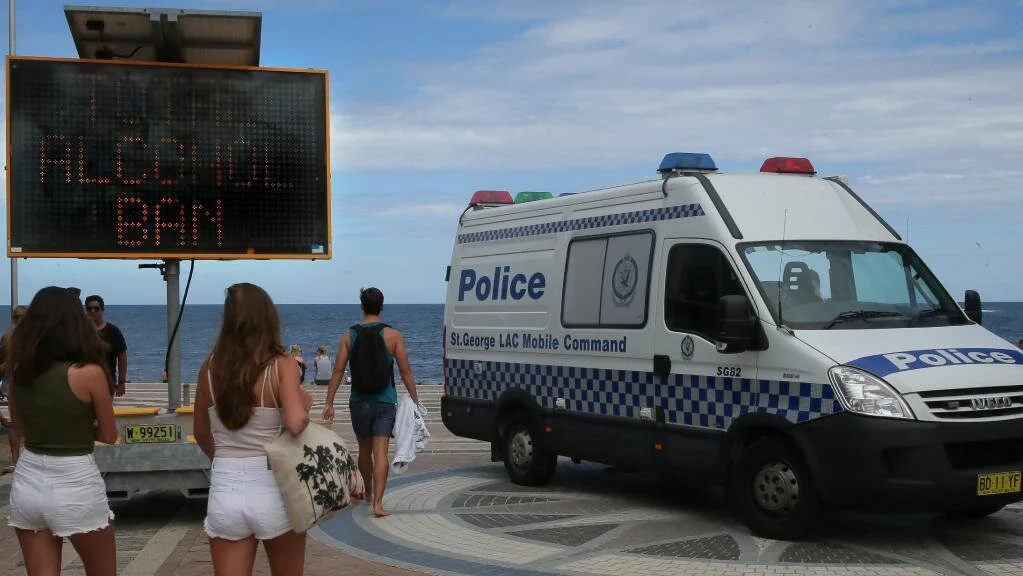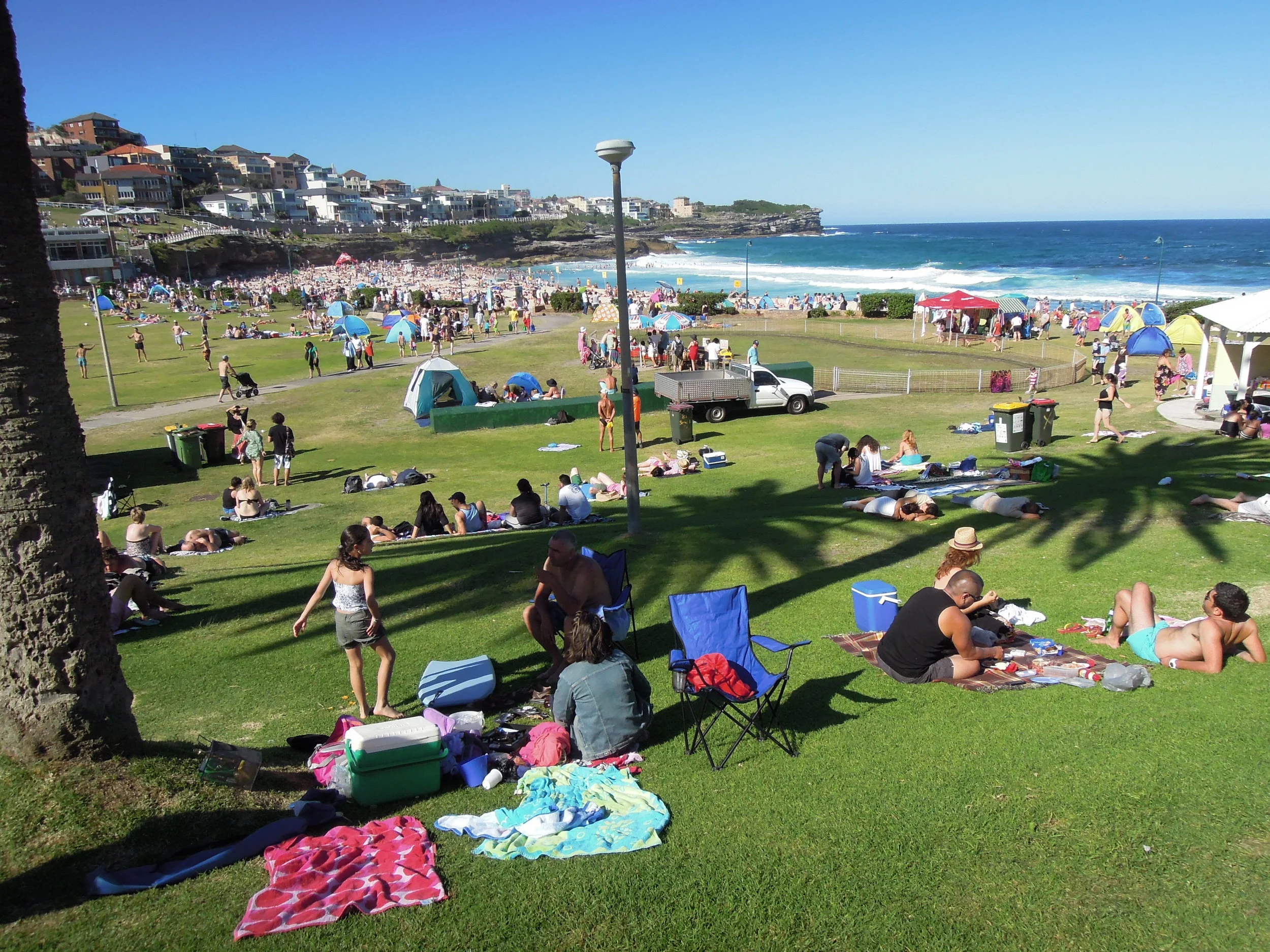Trust vs. The Police in Sydney's East
Printed in Pedestrian
More and more, locals in Sydney’s East are crossing paths with the NSW Police in their day-to-day lives. However rather than feeling protected, the community is beginning to feel targeted. As we grapple with policing tactics often aimed at us – our trust in an institution whose role it is to keep us safe, is being undermined.
You can see this on weekends in Coogee. Once known for being a bit rough at night, it's a beach suburb that has now grown up. Still home to the odd backpacking visitor, the majority of locals are hard-working professionals and families. Yet despite this change, police still patrol the place as if it still poses an overinflated concern.
A large police riot van parks on the boardwalk of the beach from mid-morning, most weekends. On Saturday nights, multiple police cars park or do laps of the high street, while groups of officers walk through the main pubs of Coogee numerous times a night. Sniffer dogs often wait at entrances.
The dogs are now a staple in Bondi Junction station too, the main transport conduit in the East. Normally around mid-afternoon on weekdays, police now wait at the top of the escalators in the bus concourse, surprising locals coming up from the station below.
In January, friends and I went to watch the tennis over a few Saturday beers at the Clovelly Hotel. As we arrived, twelve officers were waiting out the front with sniffer dogs. One local was being frisked against a wall in full view of those entering the pub. The police then walked through the pub and made their presence felt, all before our first beer.
This month’s revelation that NSW Police must reach “search” and “move on” targets, explains some of what we’re seeing. With local area commands allocated targets, local officers now have to chase quotas within the community itself, rather than investing time building relationships.
And the tactics used to chase these numbers are defective ones. Sniffer dogs get it wrong 76% of the time, whereas strip searches turn up nothing 88% of the time. If speed radar guns or breathalysers operated with such bad results, there would be uproar.
The leadership directing all of this must be scrutinised. An unexpected choice by Cabinet to lead the NSW Police three years ago, Mick Fuller promised to refocus the force’s attention onto proper community policing. A pitched promise from yesterday, that feels at odds with how the community is actually being policed on the ground today.
A more accurate display of Fuller’s leadership style might be seen in his comments from three month ago. Forced to defend the controversial strip search program, the commissioner stated that without a “little bit of fear”, we’ll end up with a “generation of kids that have no respect for authority”.
The irony is that the exact opposite is happening. Far from being filled with fear, the community is filled with frustration at how more taxpayers’ money than ever before – and how such a highly-trained resource – is growing into an overbearing nuisance rather than a supporting partner of the community.
If the CEO of a big-name business wasted money on ineffective tools, utilised a highly-trained team on tasks that were below them, angered customers and ignored their feedback or continued to damage the value of the brand – serious questions would be asked.
Perhaps what is needed is for some reflection by the force itself on its own codes of conduct. Perhaps discussion about the sort of values communities expect from their local police force would help.
Whatever next steps are, a new direction is needed. For trust needs to be rebuilt and Sydneysiders are yearning to be able to give it back. But the moment, that is being made very hard for us indeed.






